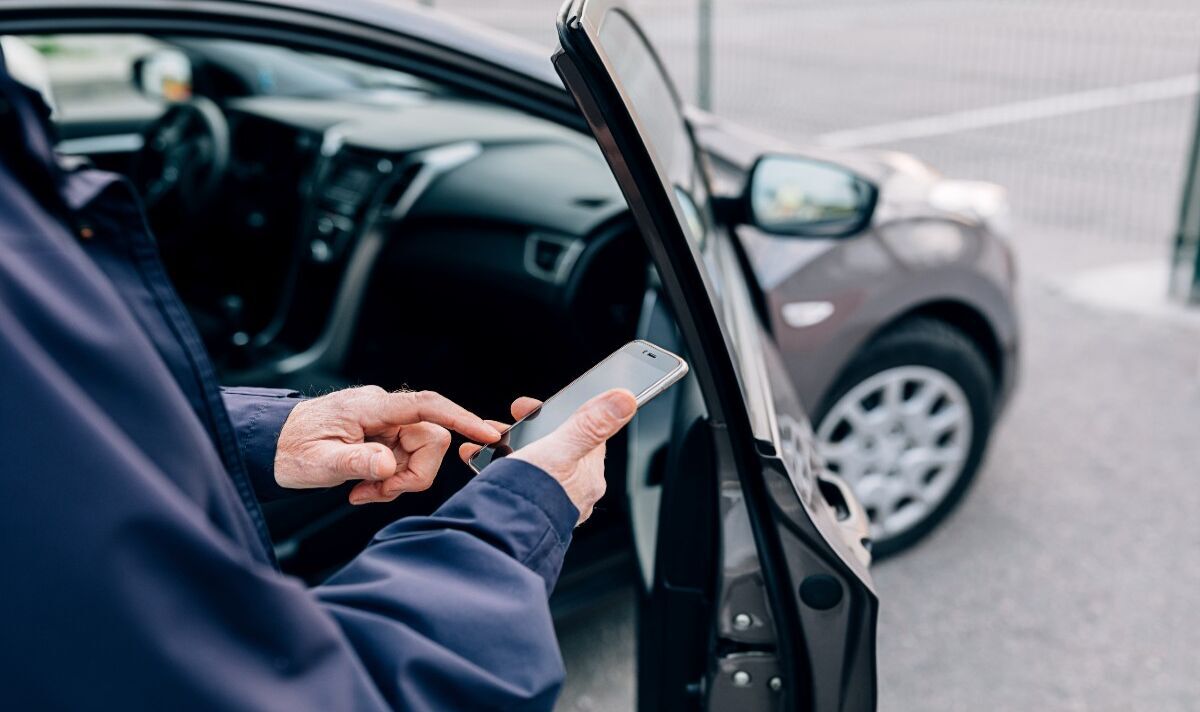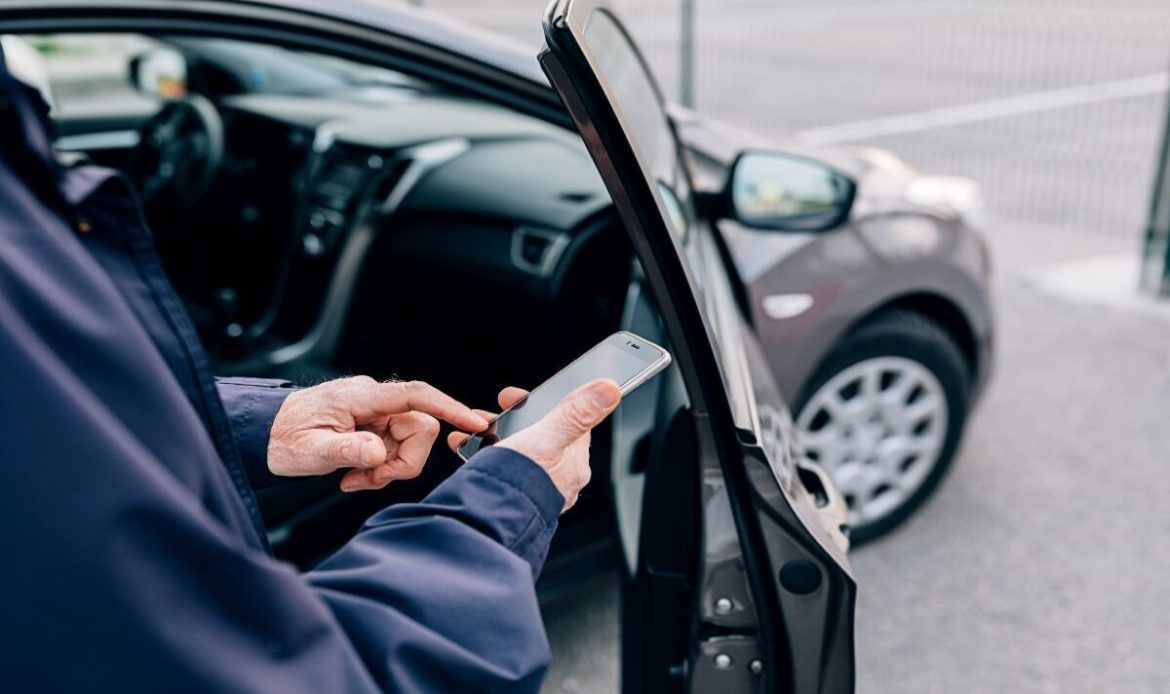
With the cost of petrol not showing any signs of declining, motorists across the UK will attempt to save money in any way they can. And, while some common fuel-saving techniques are being practiced, there are some little less known methods that could make a difference not only to drivers’ wallets but also to the environment.
Martin Lewis’ moneysavingexpert.com has shared multiple tricks and hacks that drivers can use to reduce the cost of fuelling a car.
This ranged from decluttering the vehicle to searching around for the cheapest petrol and diesel prices using petrolprices.com.
However, fuel-saving techniques such as sharing a car or a ride are often overlooked.
The money-saving experts have now insisted that not only can sharing a vehicle reduce the costs but also help the environment.
READ MORE: Elderly driver fined £1,152 for overtaking cyclist too closely
It said: “Traffic congestion impacts everything from how long it takes us to get to work, the amount of fuel we use in our vehicles and the price of consumer goods.
“Traffic jams cost the UK economy £5billion every year in lost productivity; but if half of UK motorists received a lift one day a week, congestion and pollution would be reduced by 10 percent and traffic jams by 20 percent.”
However, drivers should not disregard other useful fuel-saving tips despite practicing car-sharing.
While operating a vehicle, motorists should anticipate as much as they can.
The RAC’s RAC Rebecca Jackson said: “To set any kind of fuel efficiency world record you have to be looking ahead as much as possible to pre-empt oncoming hazards.
“It’s all about keeping moving and not losing momentum. Accelerating from being stopped is very costly in fuel consumption terms and so is going up any steep incline.
“If you can keep moving slowly rather than stopping in traffic that’s good, but you do have to be conscious of not being a pain to other drivers by leaving too much of a gap behind the car in front.
“You need to listen to the engine to make sure you don’t use excessive revs but you need to use enough, so it’s a fine balance as you don’t want the car to be labouring too much either.”

